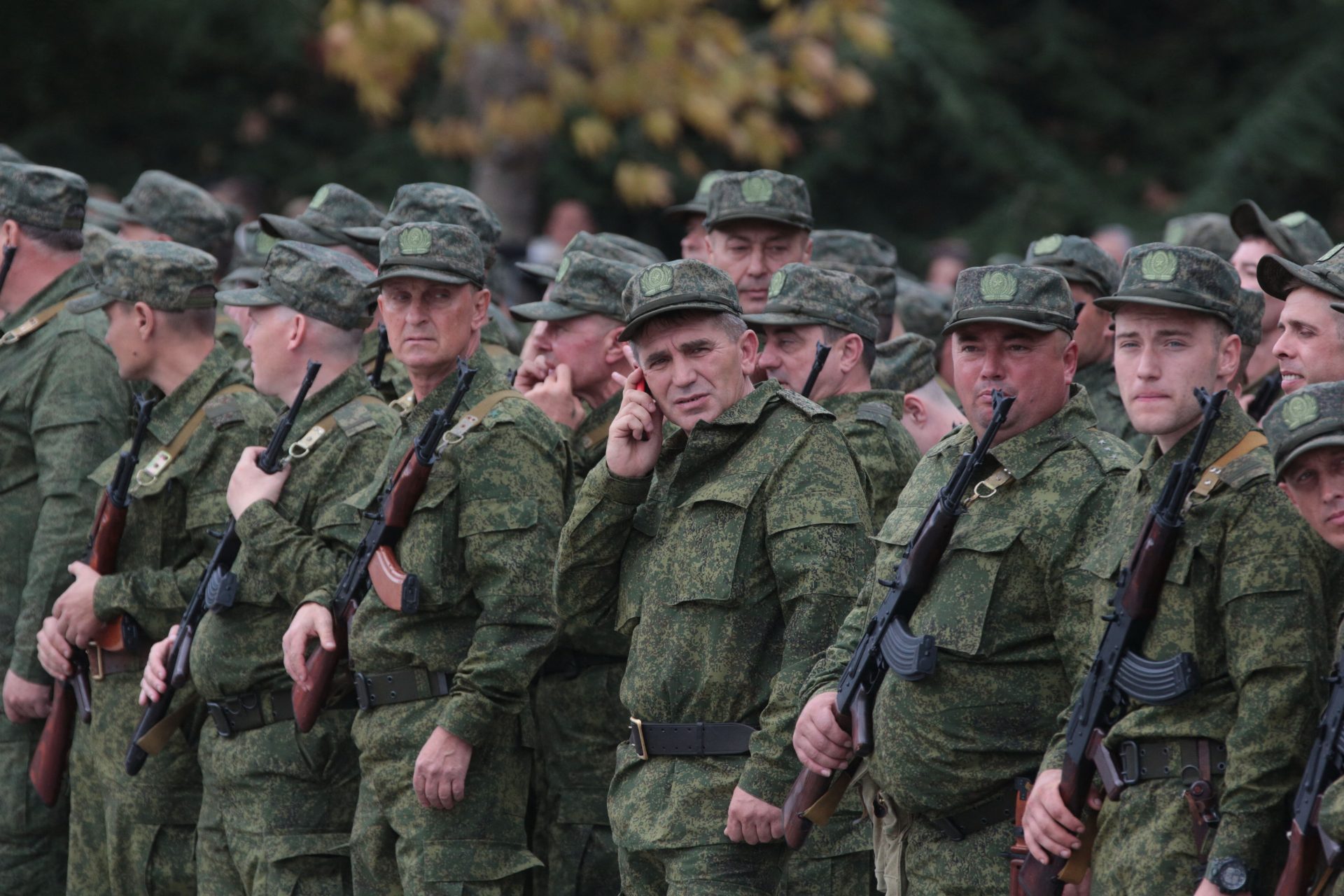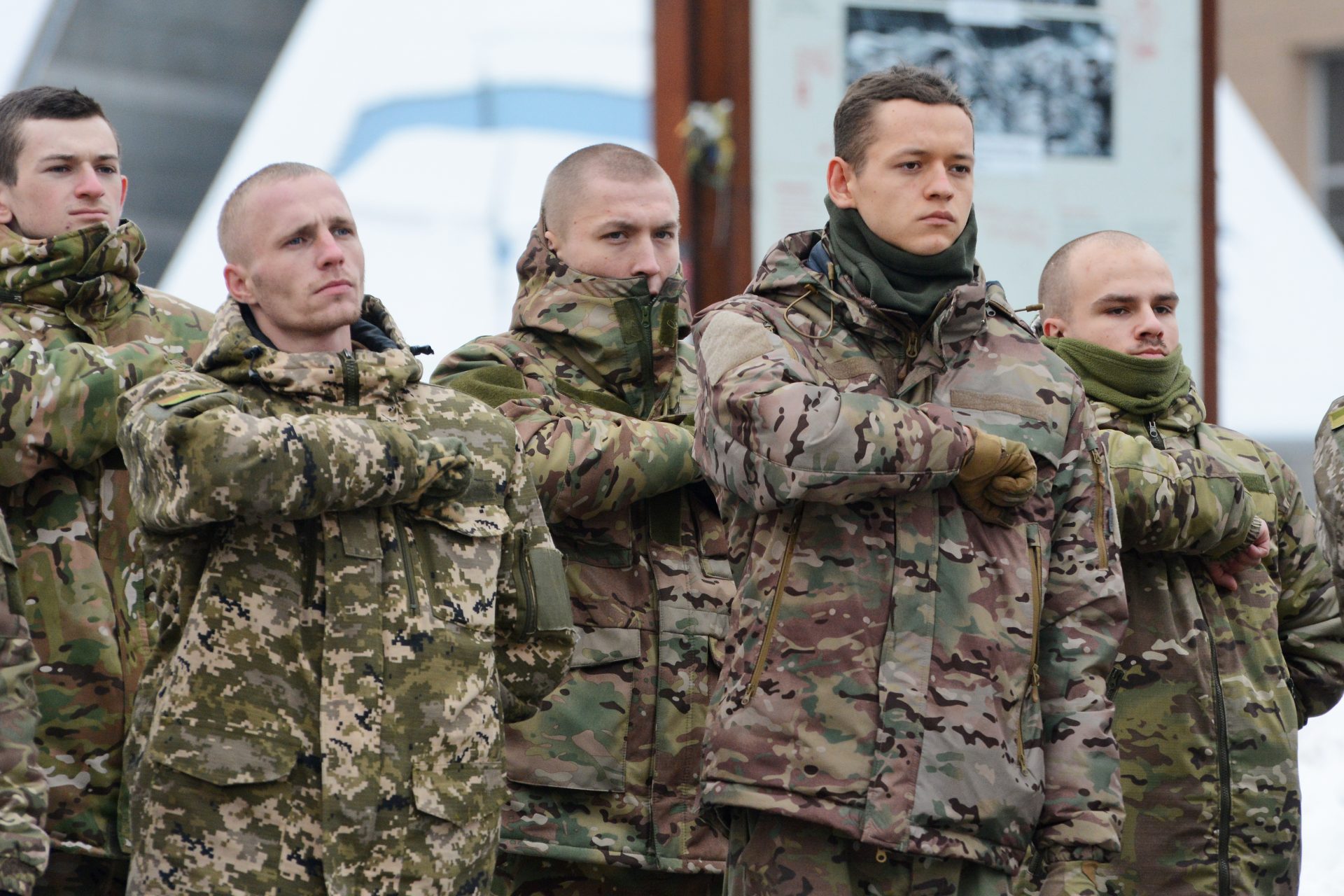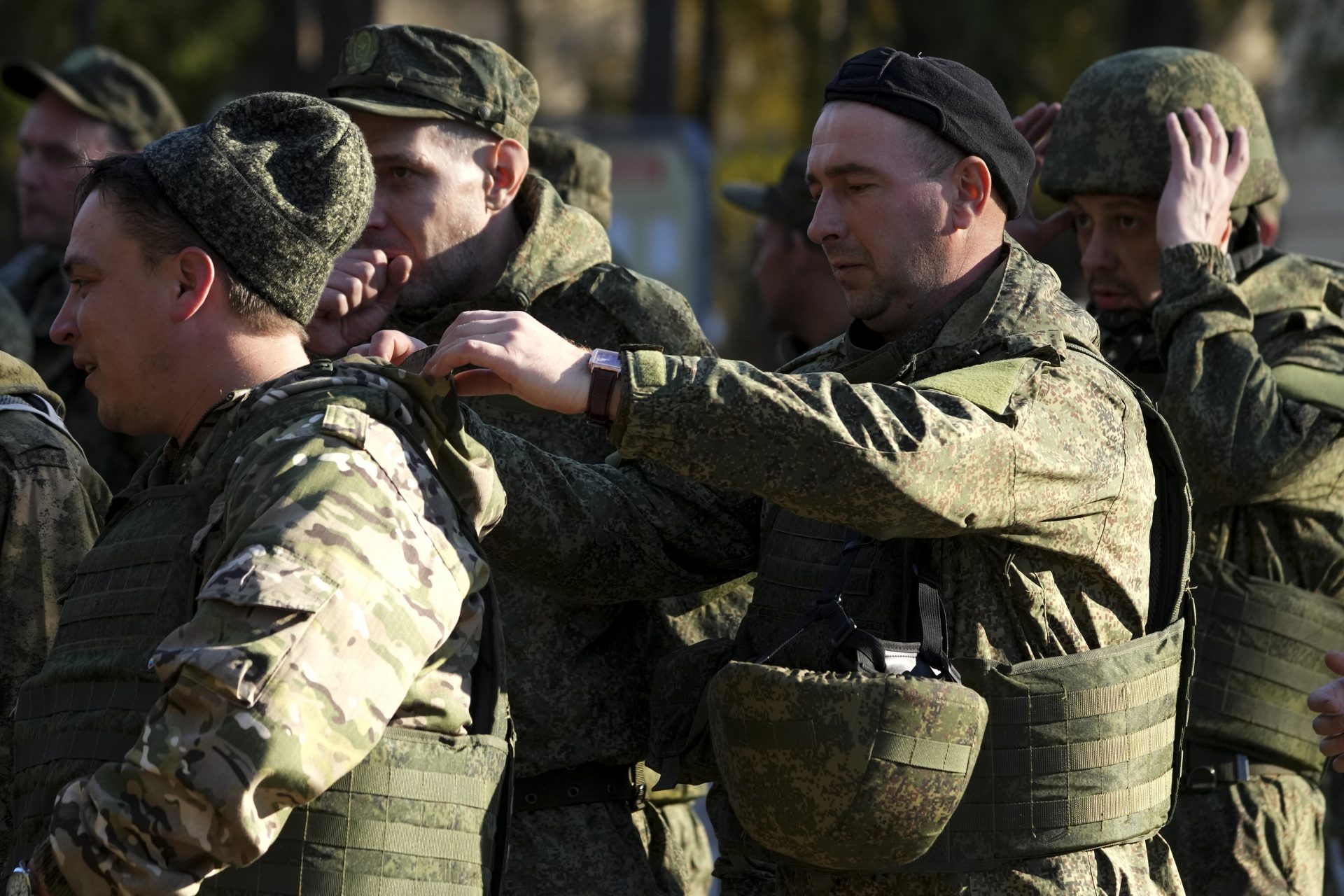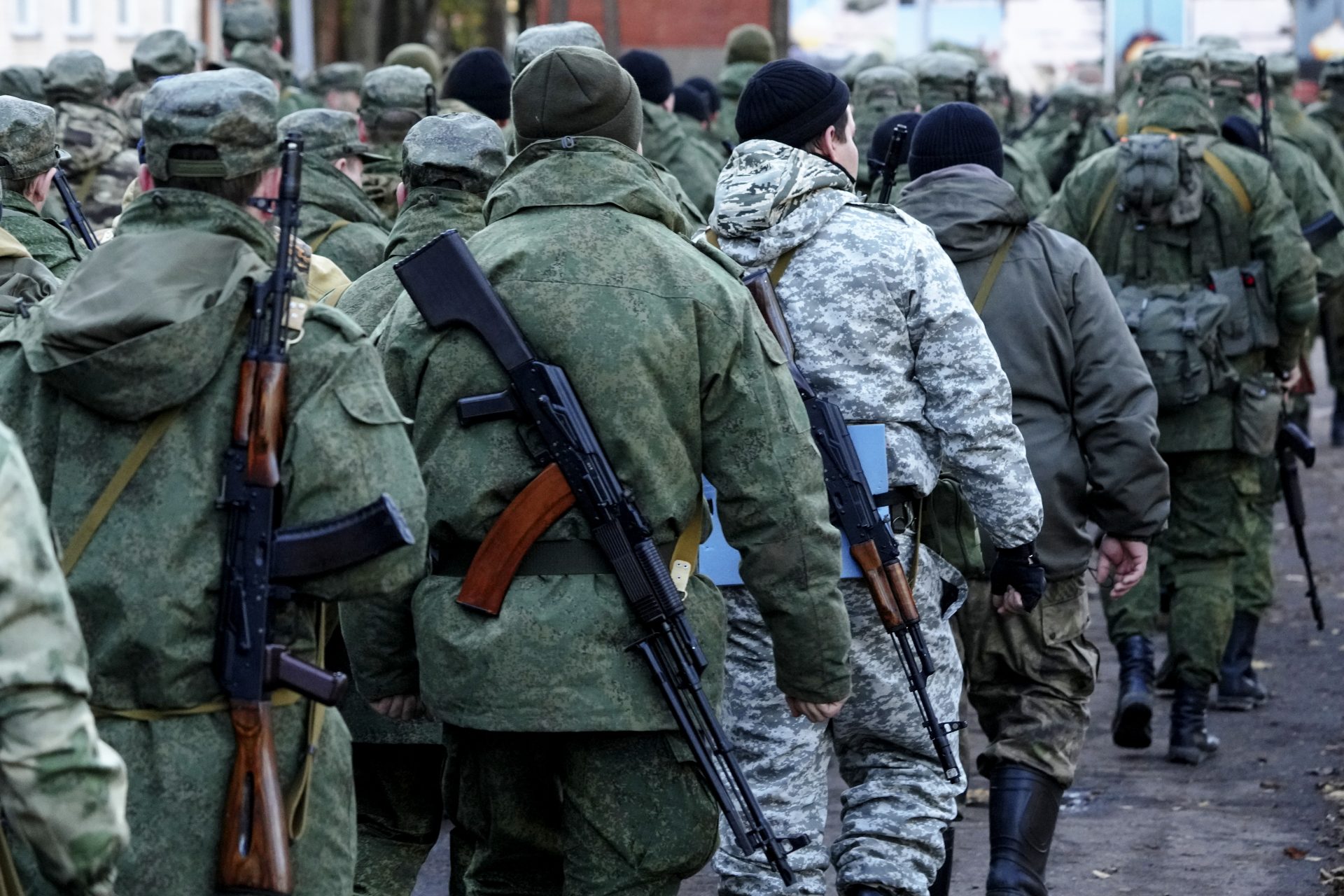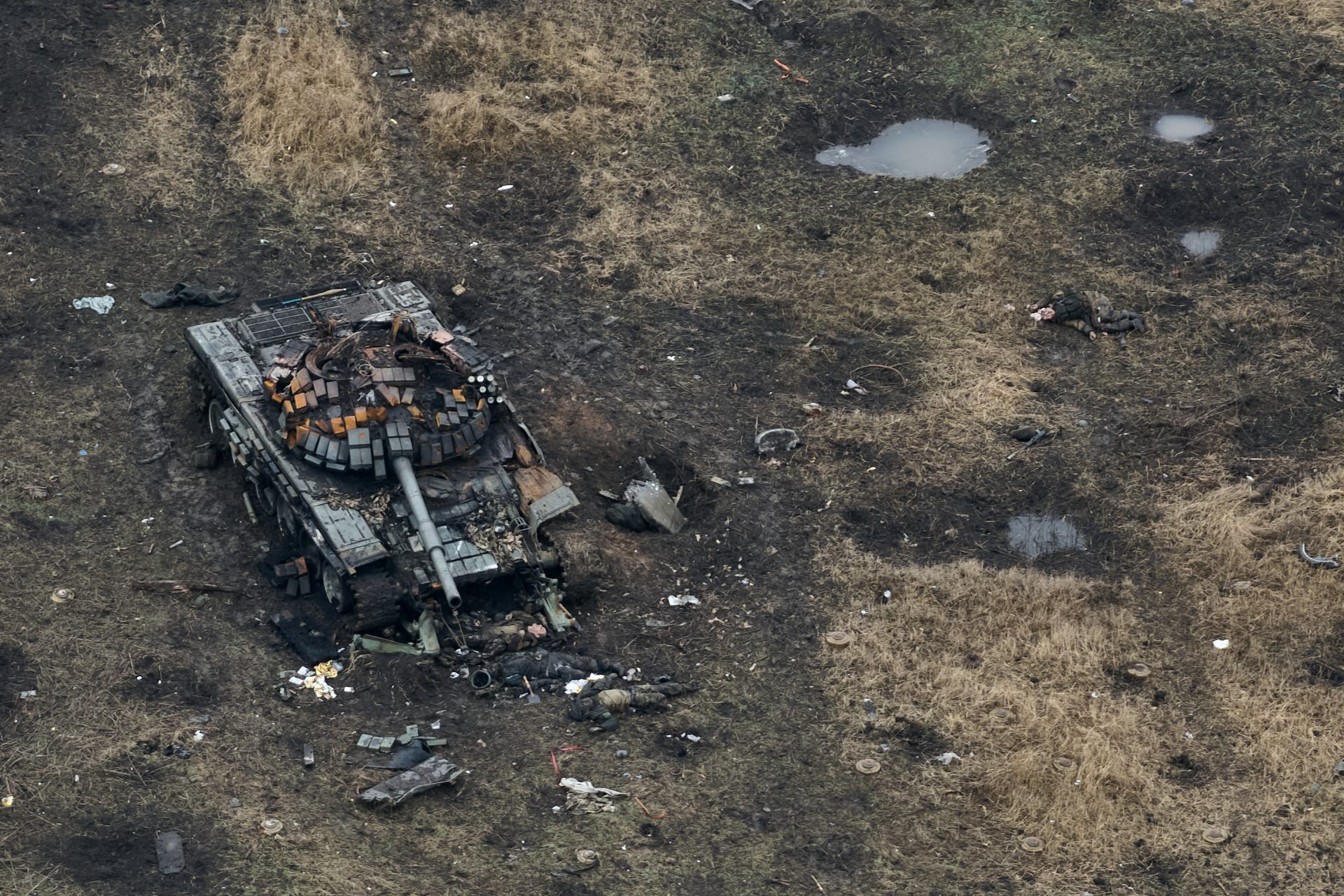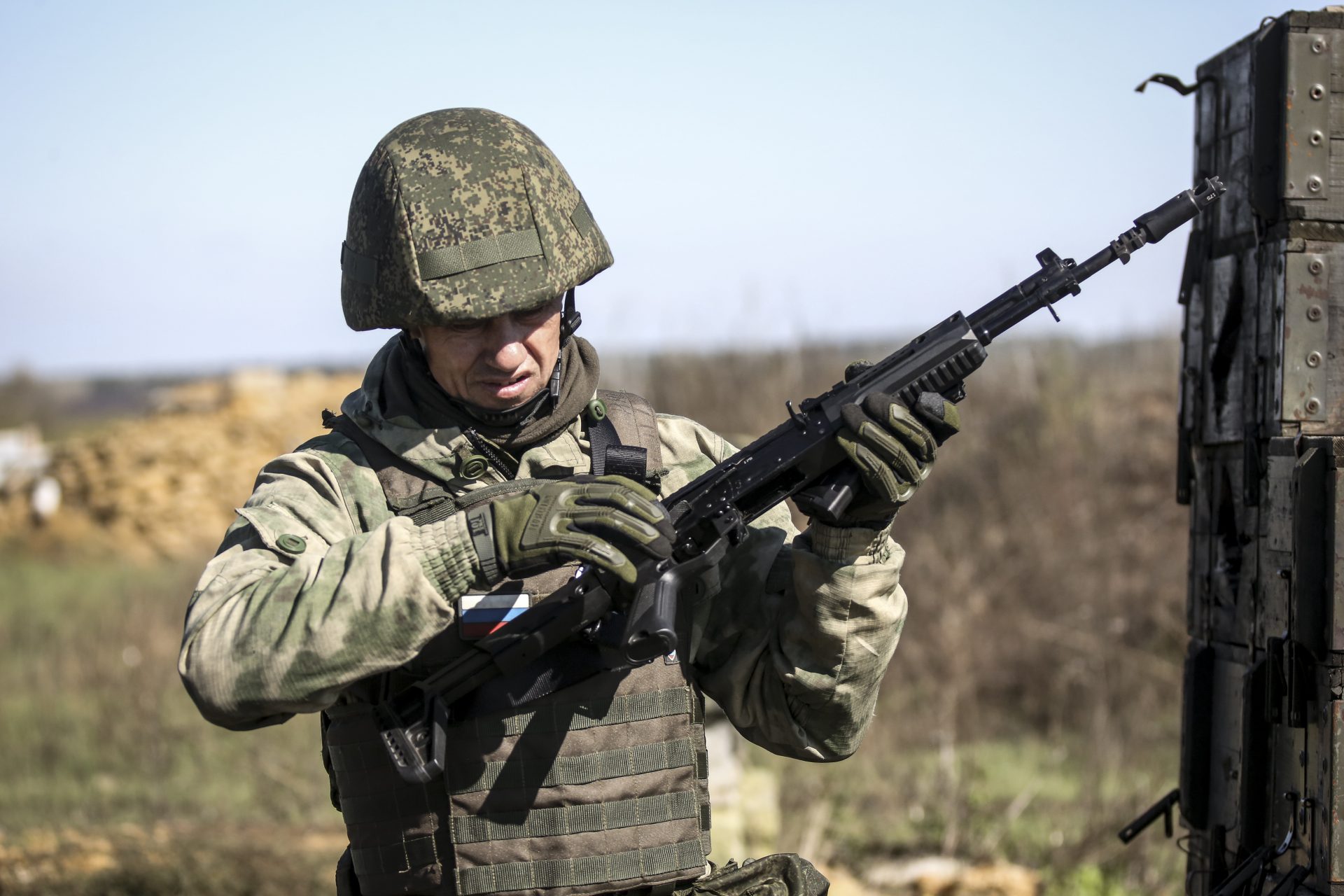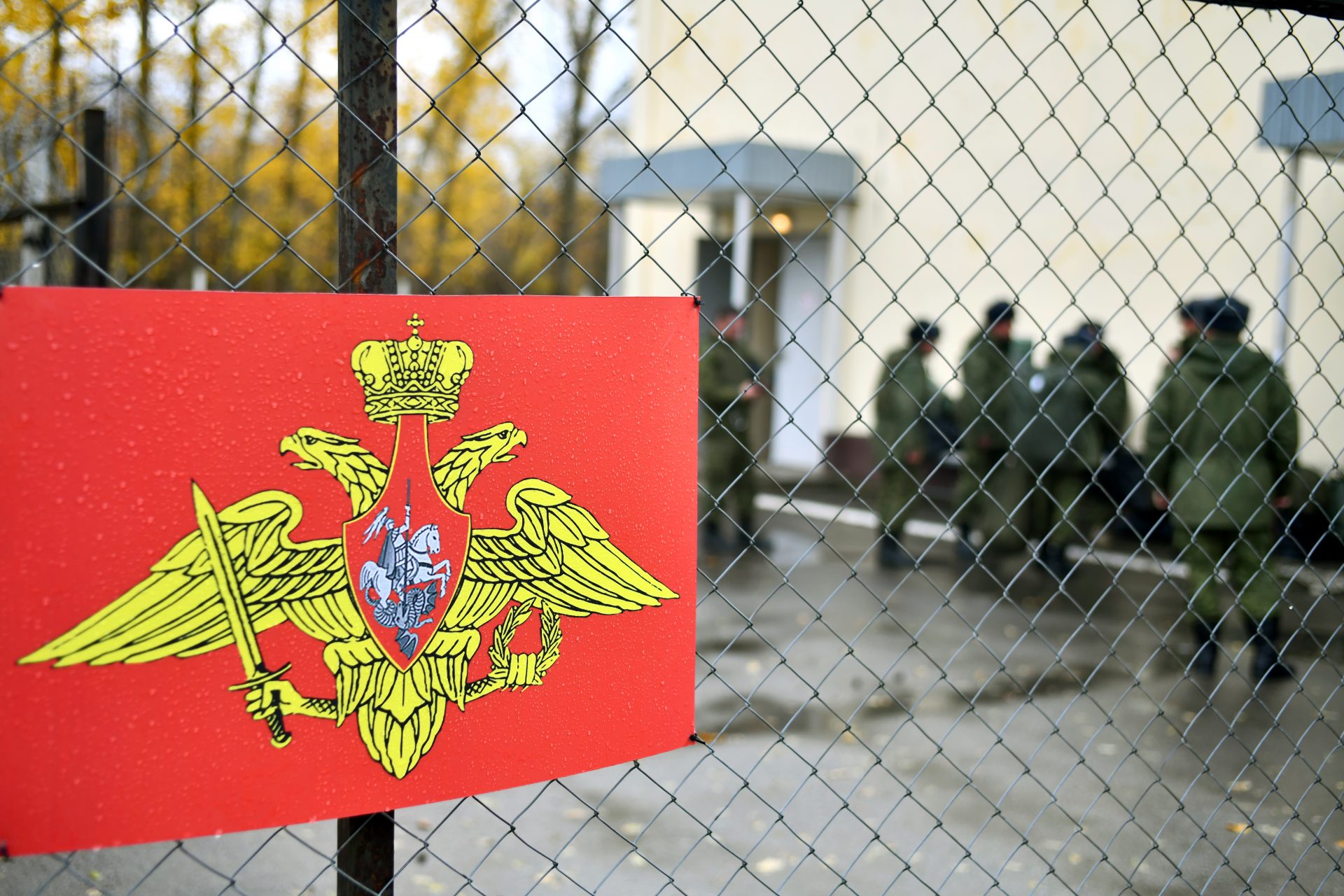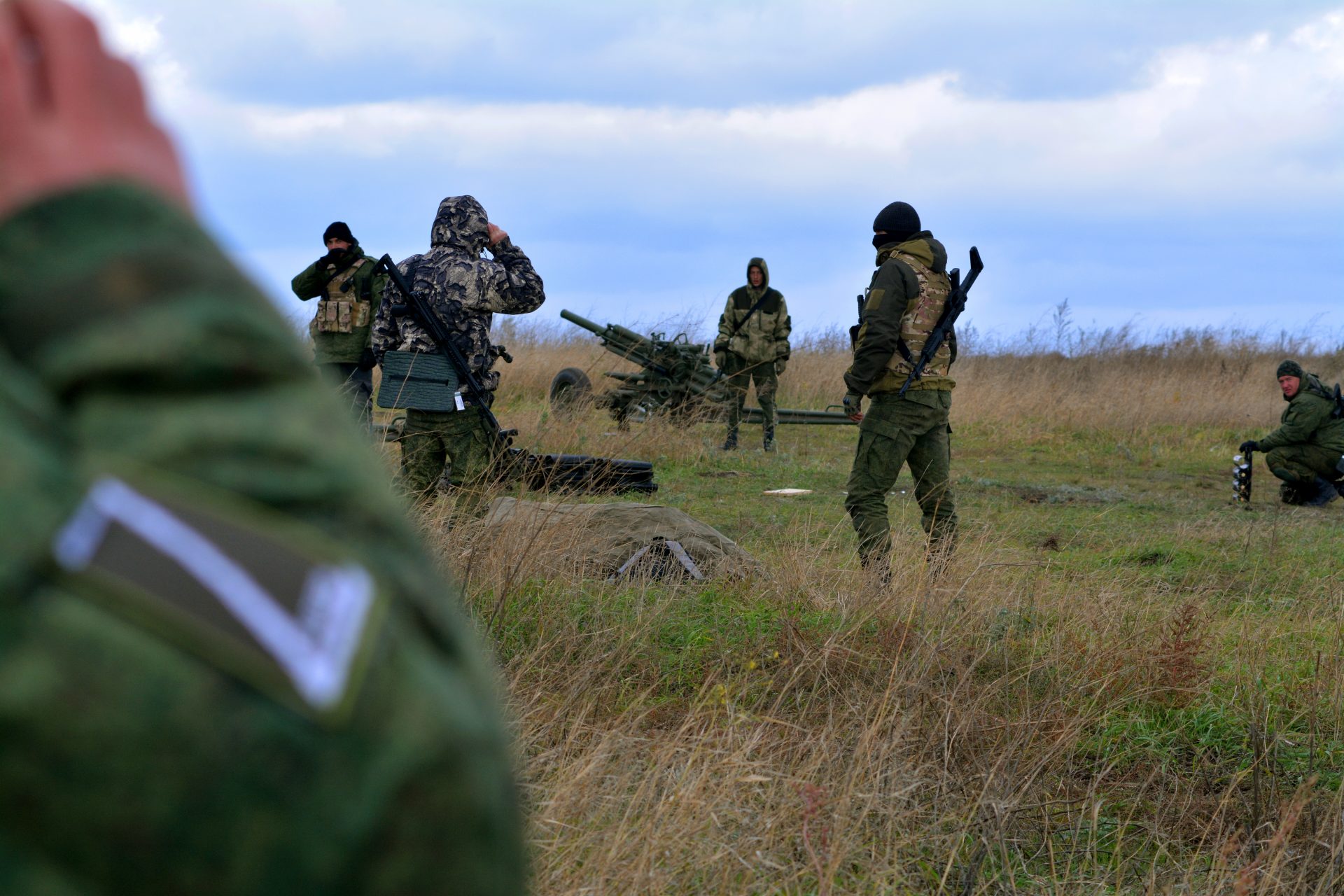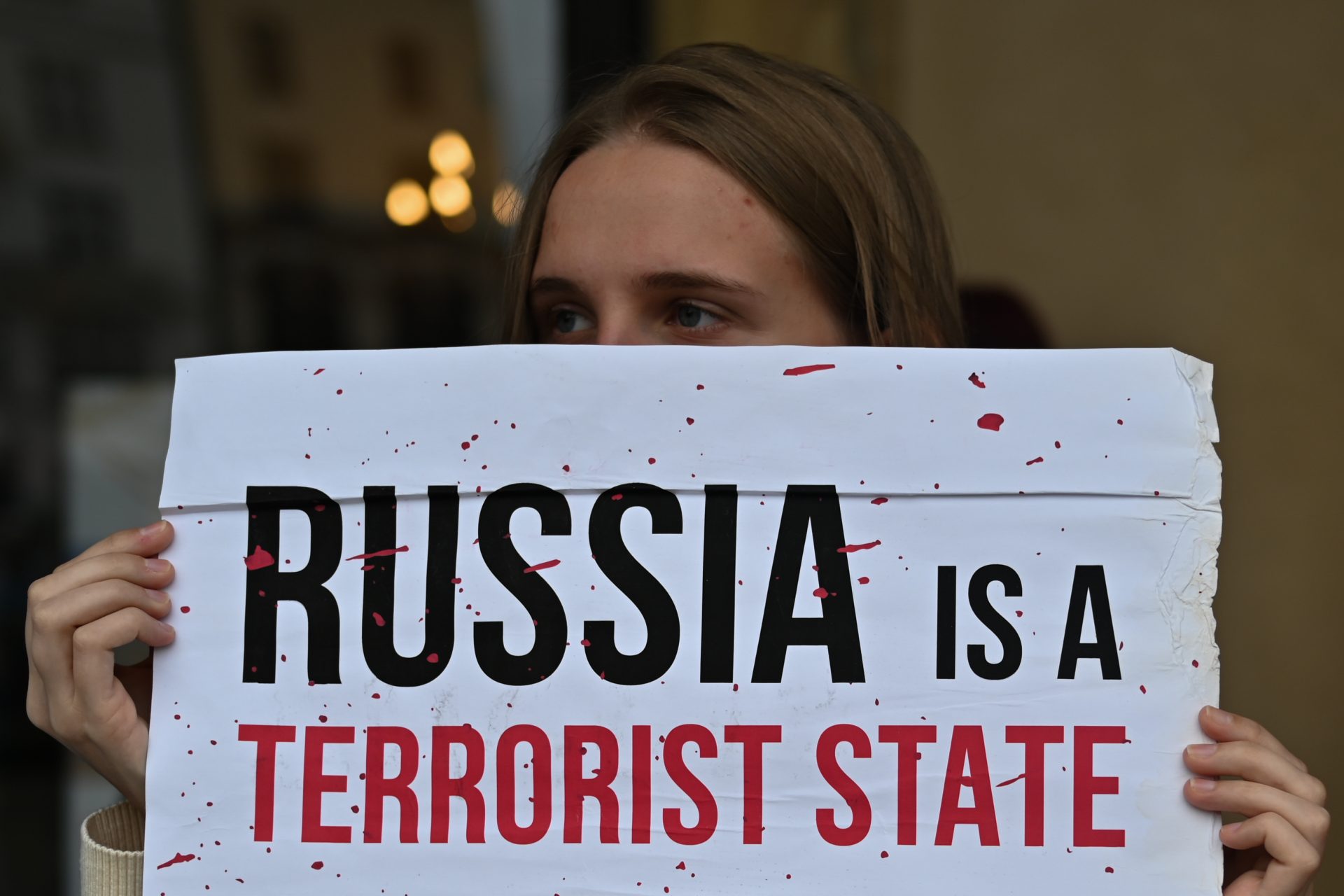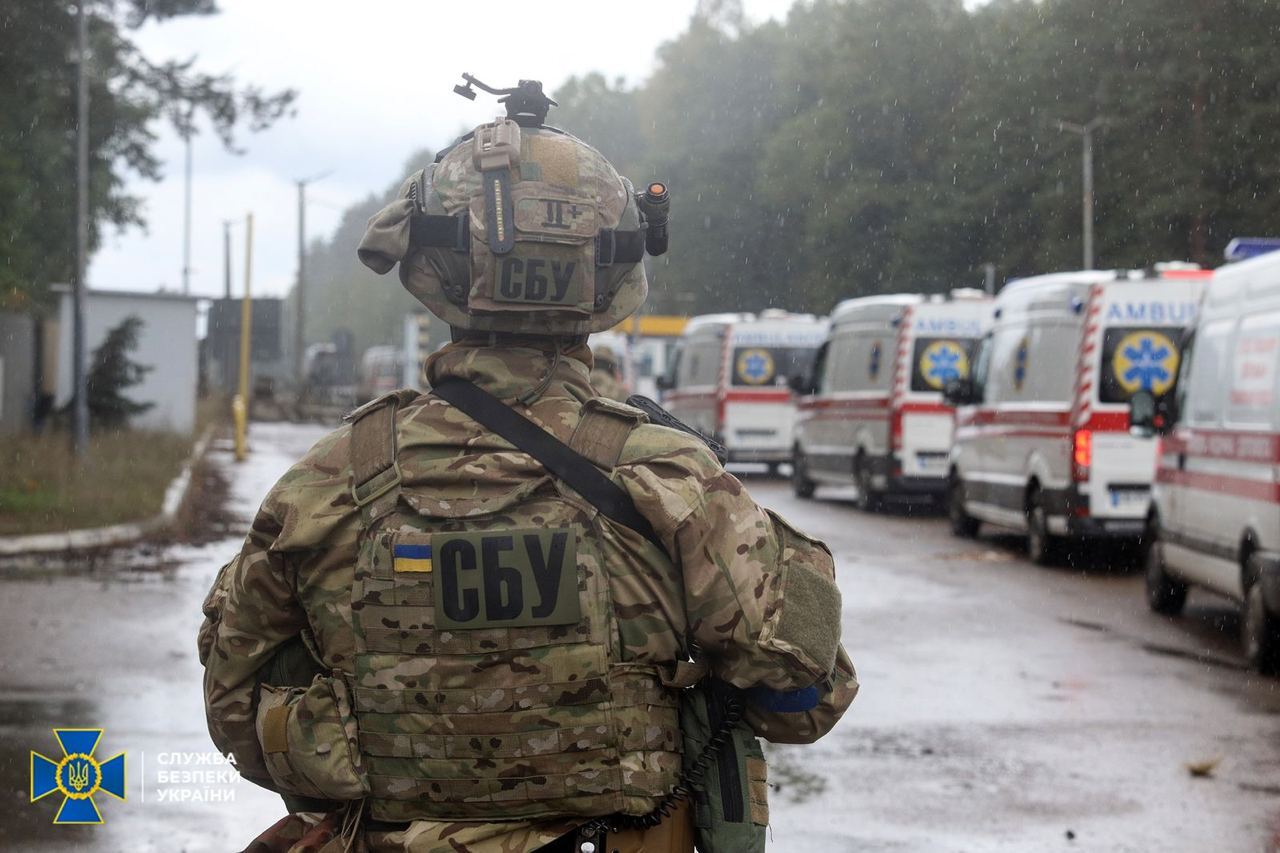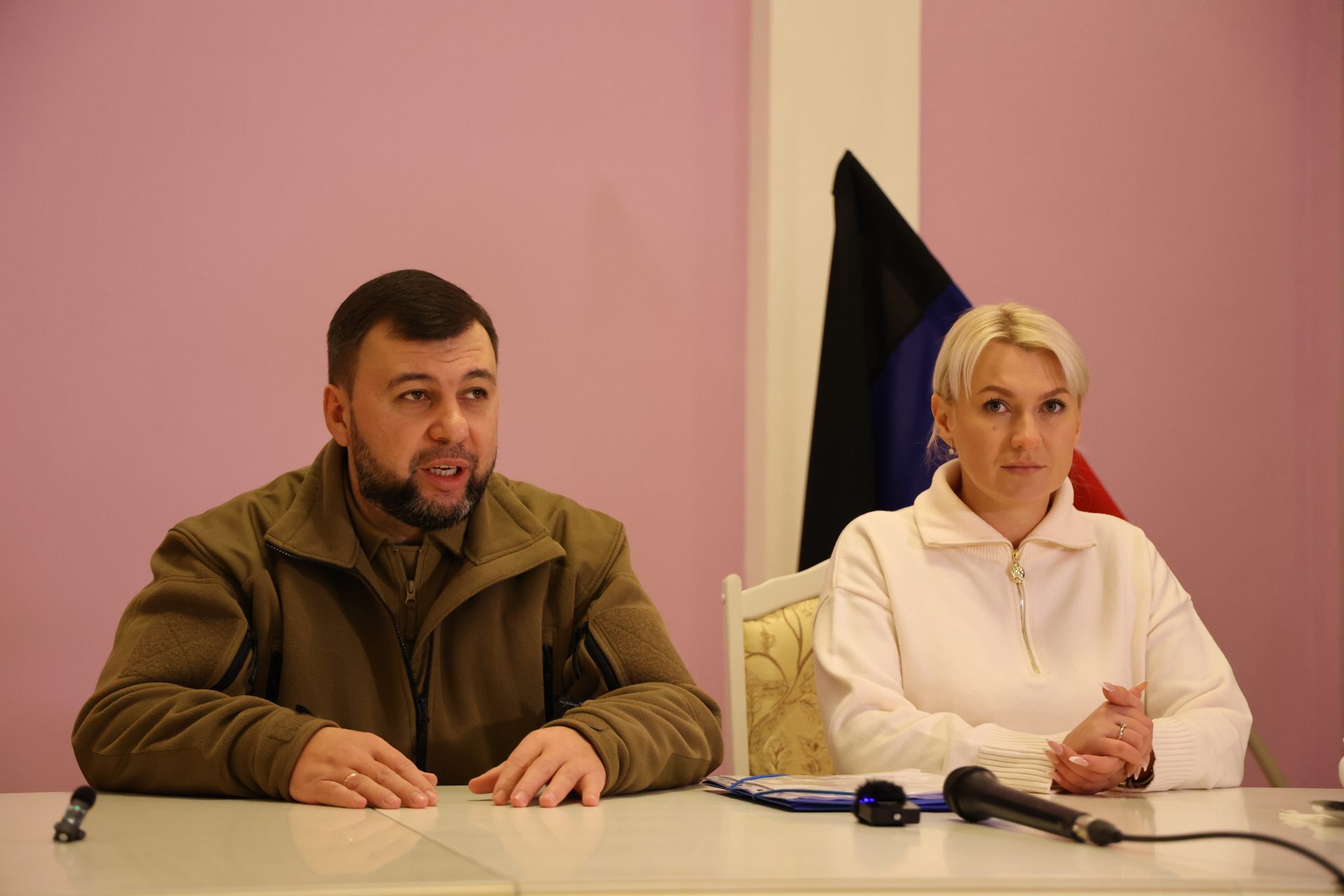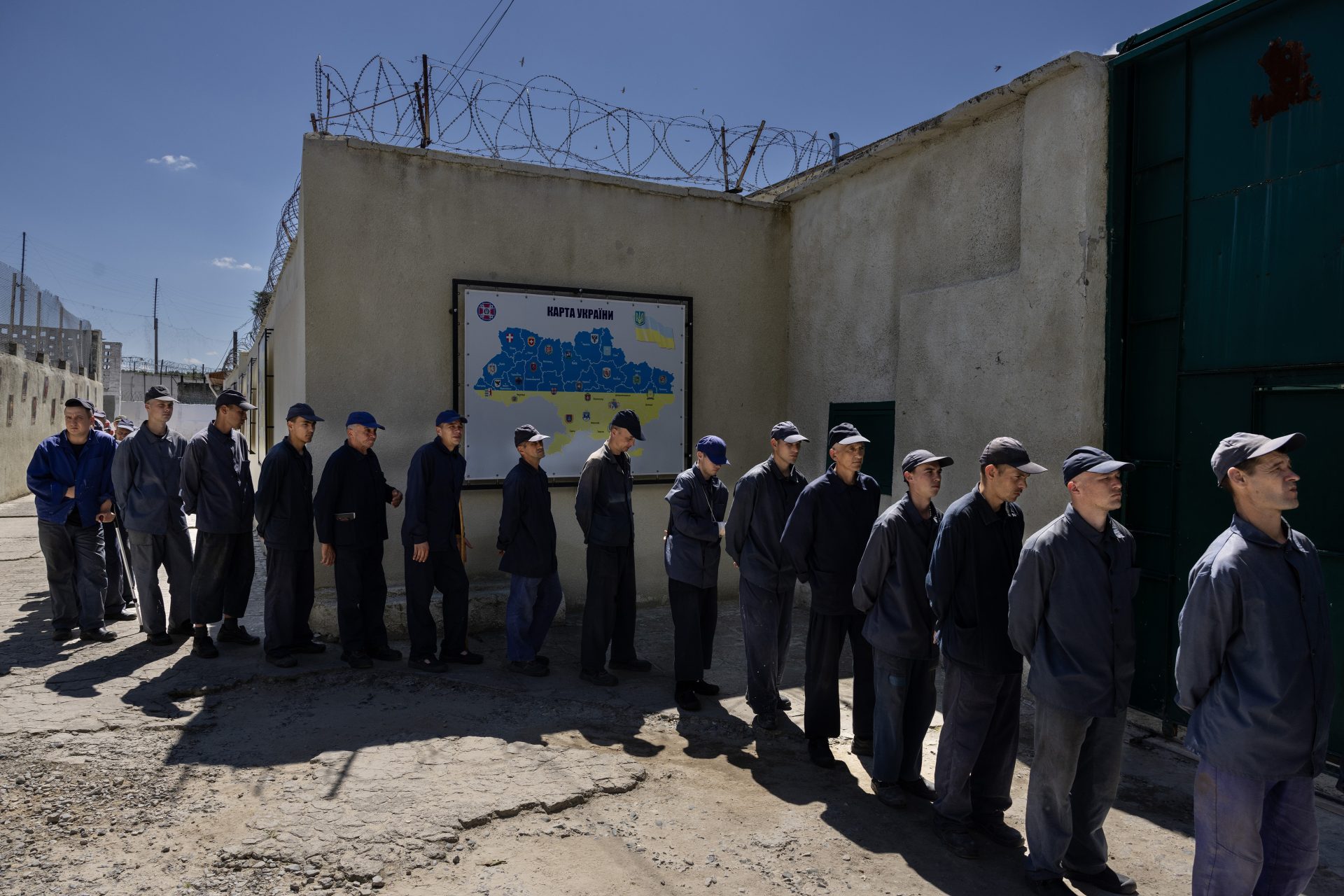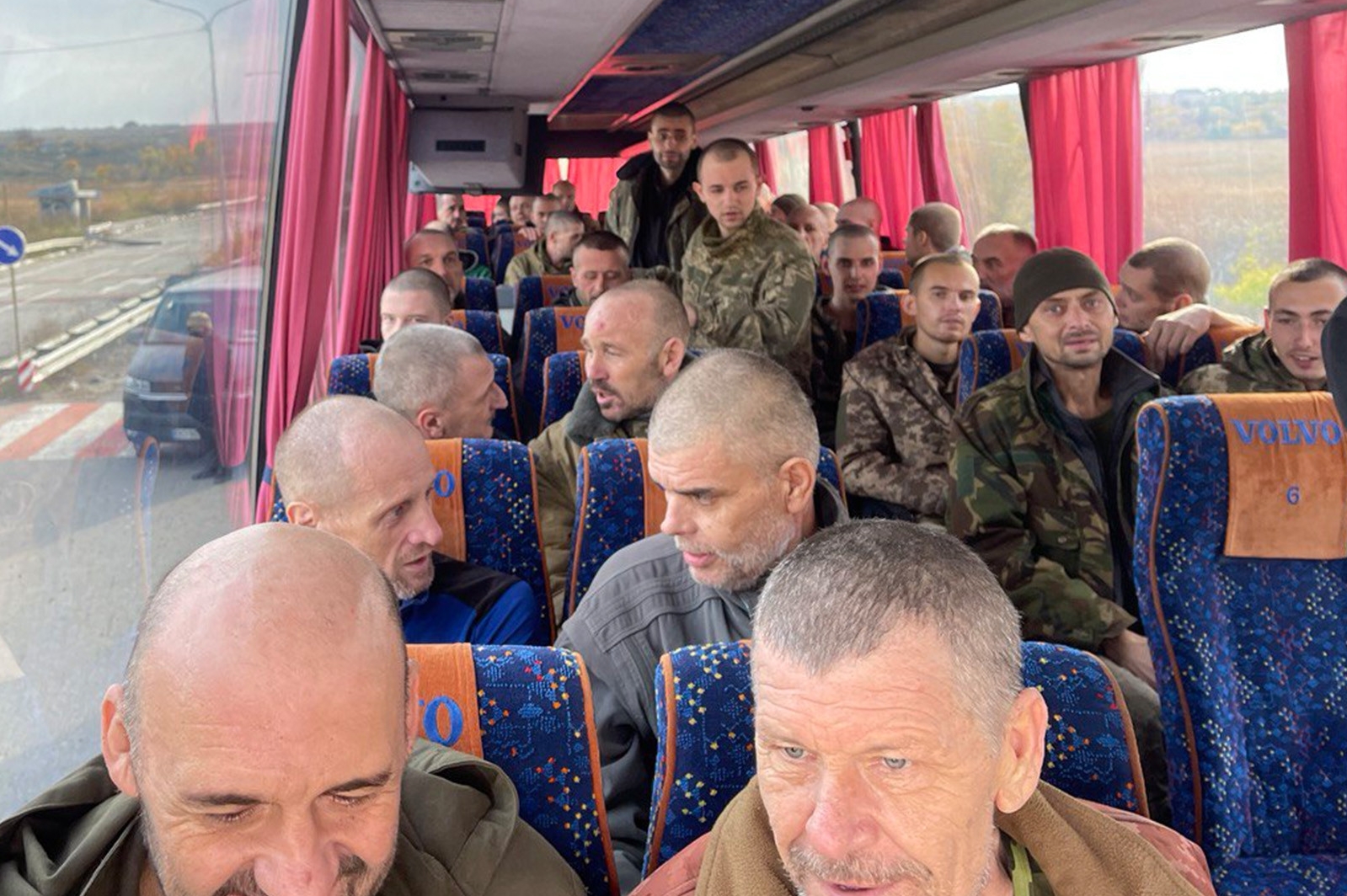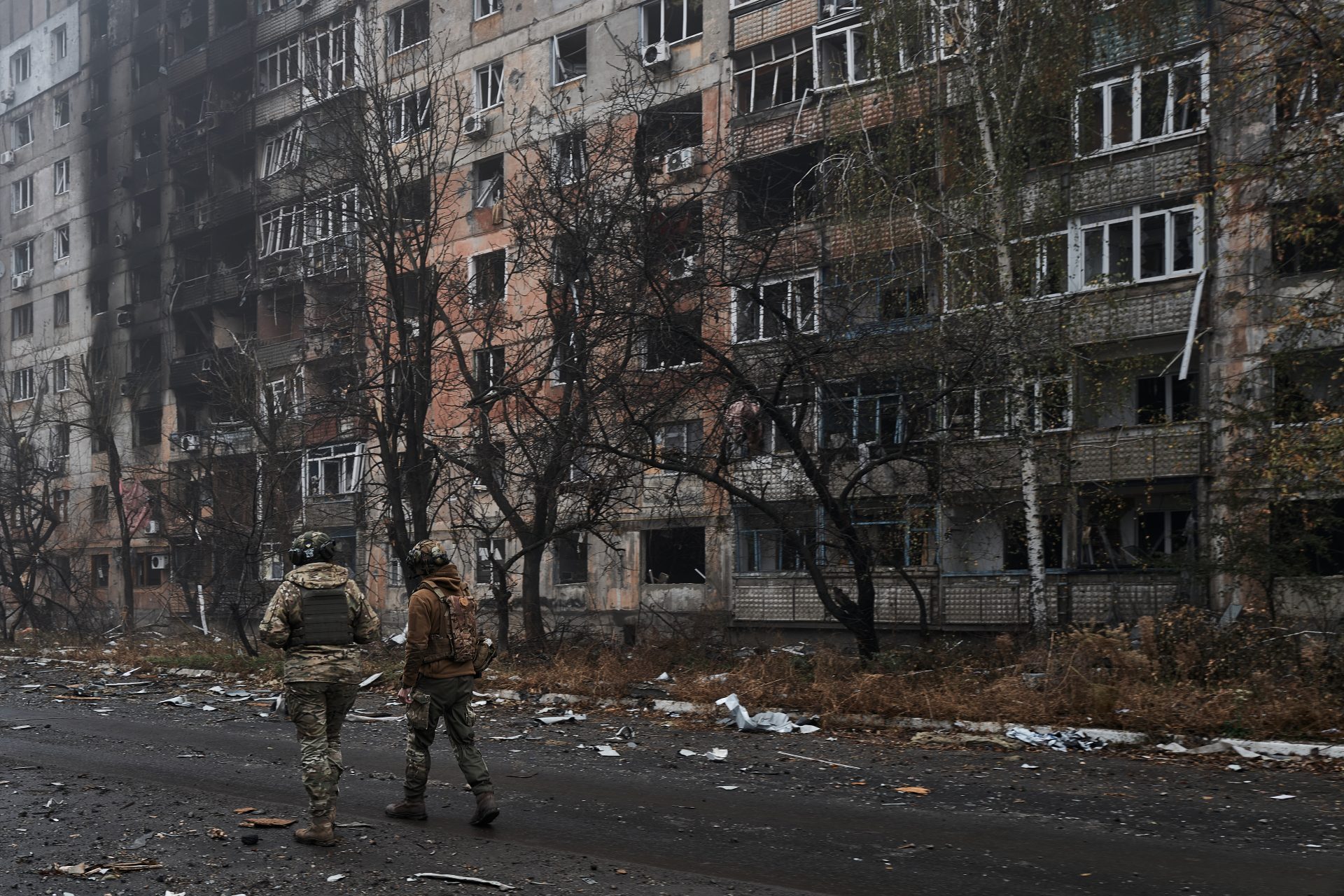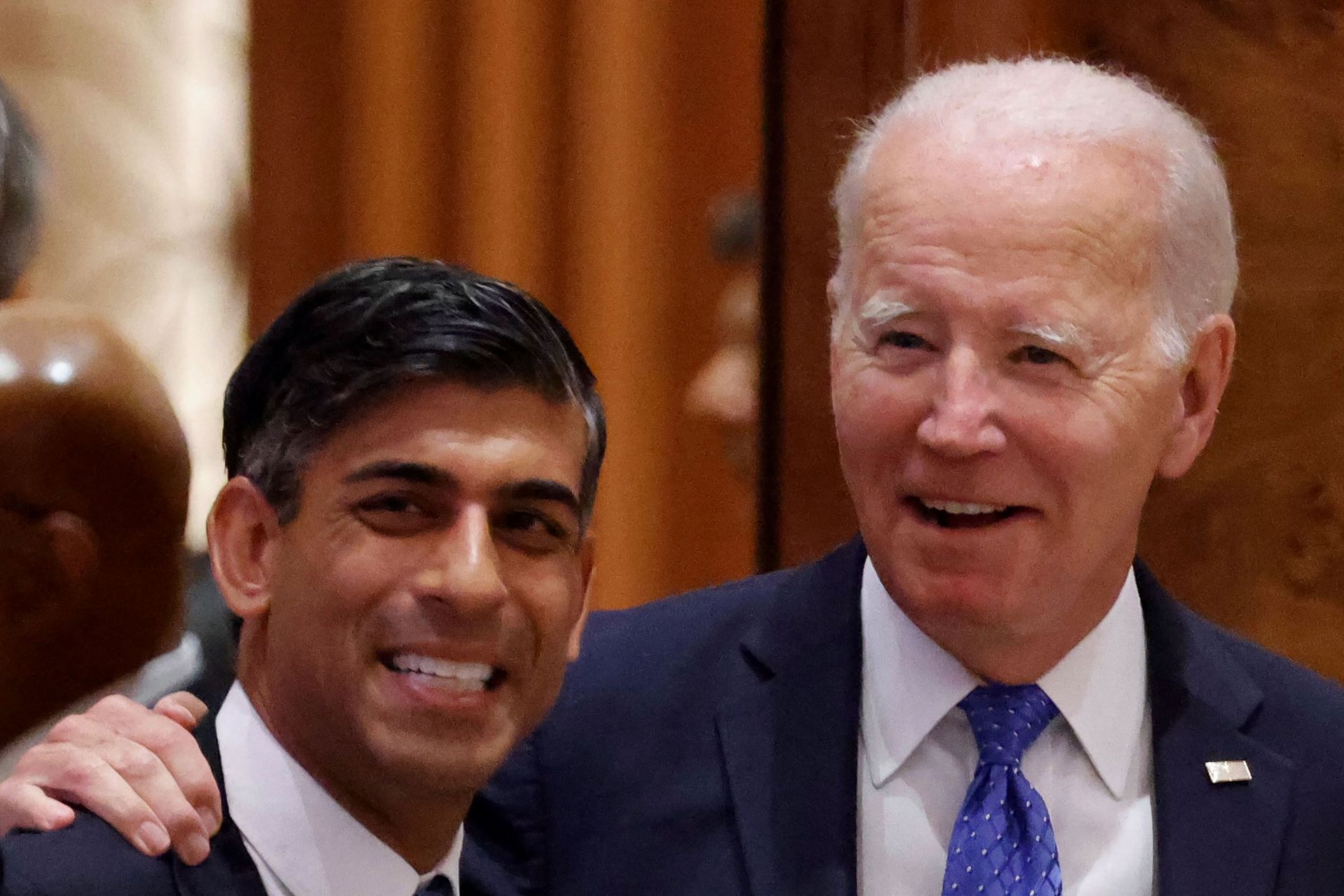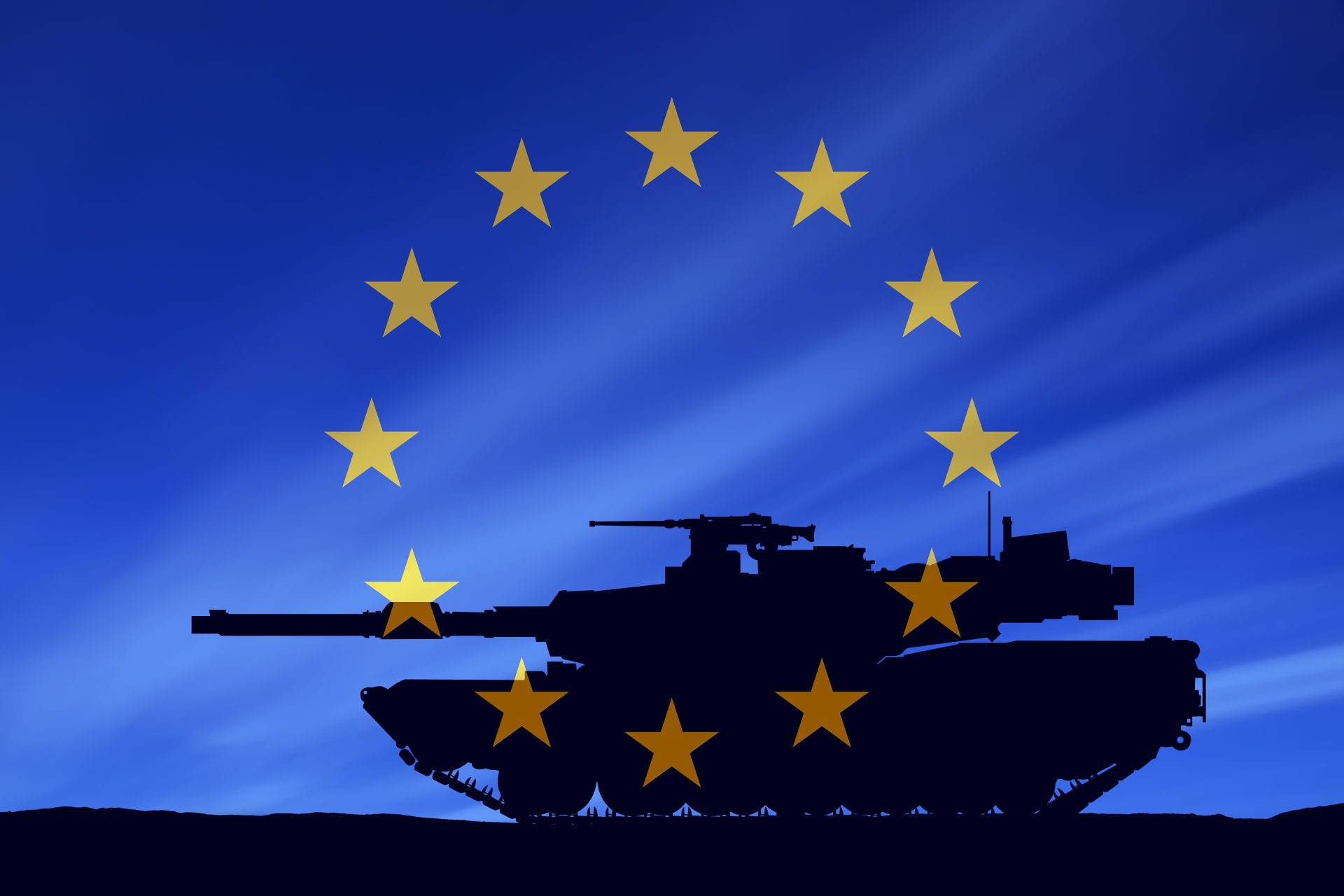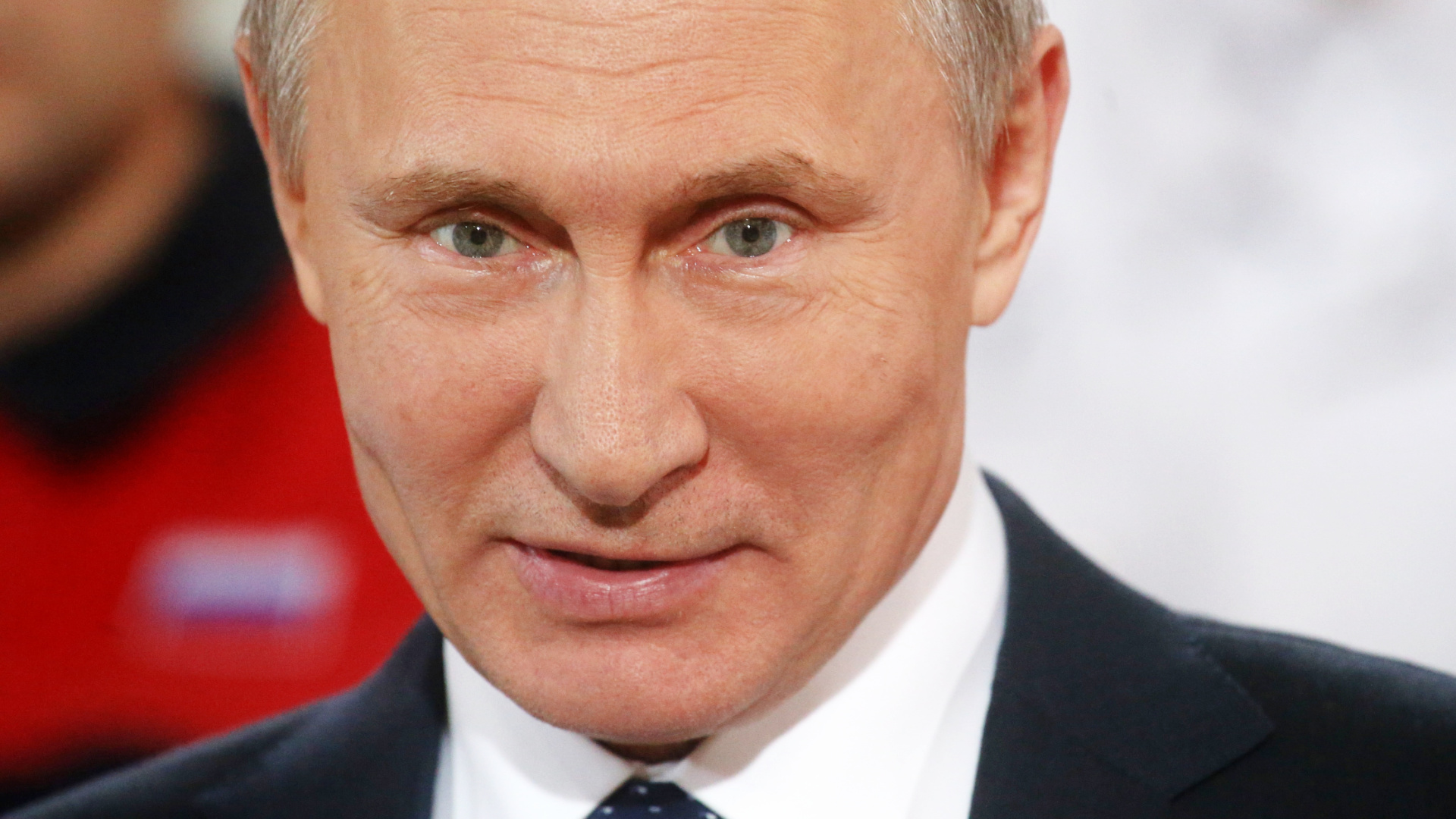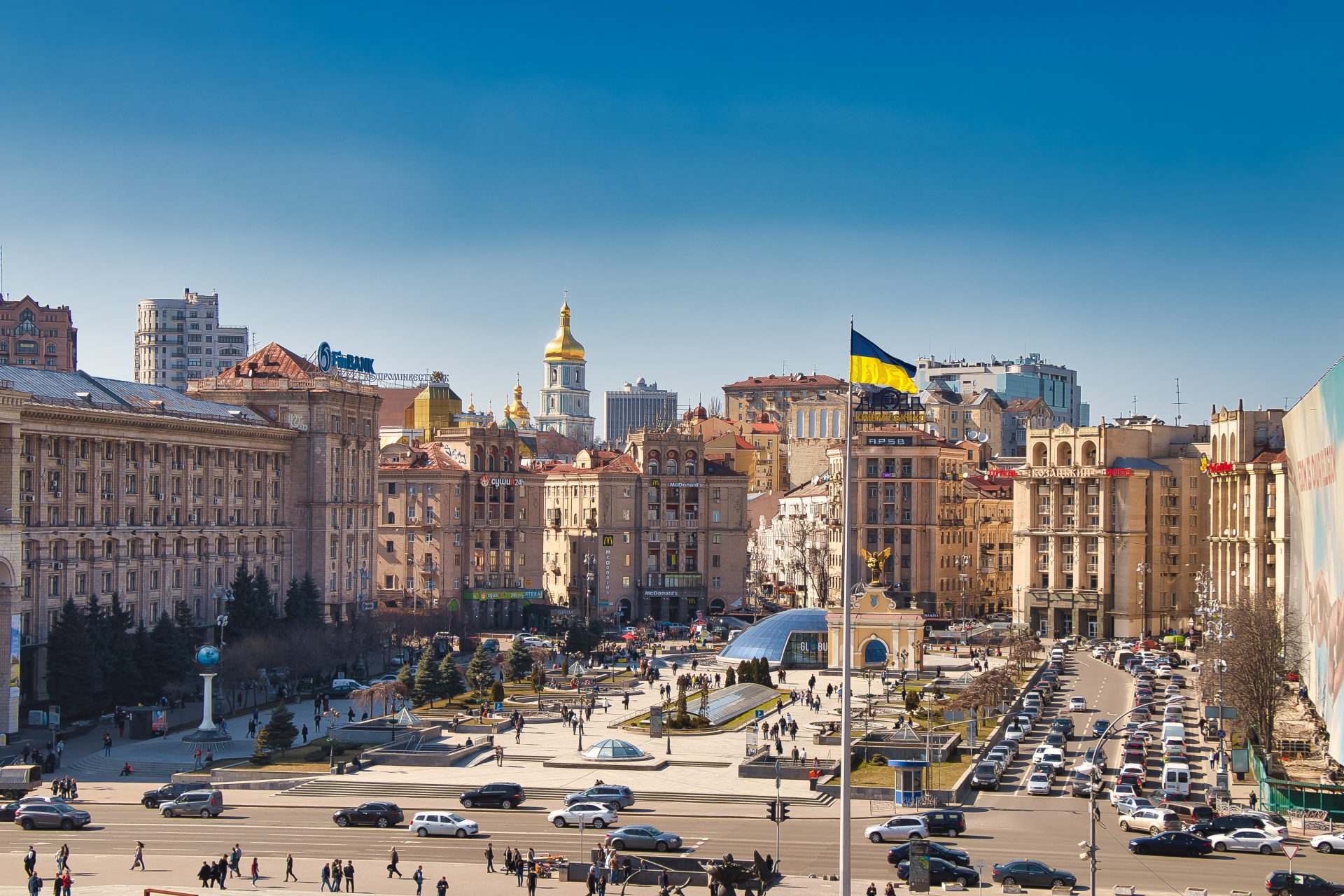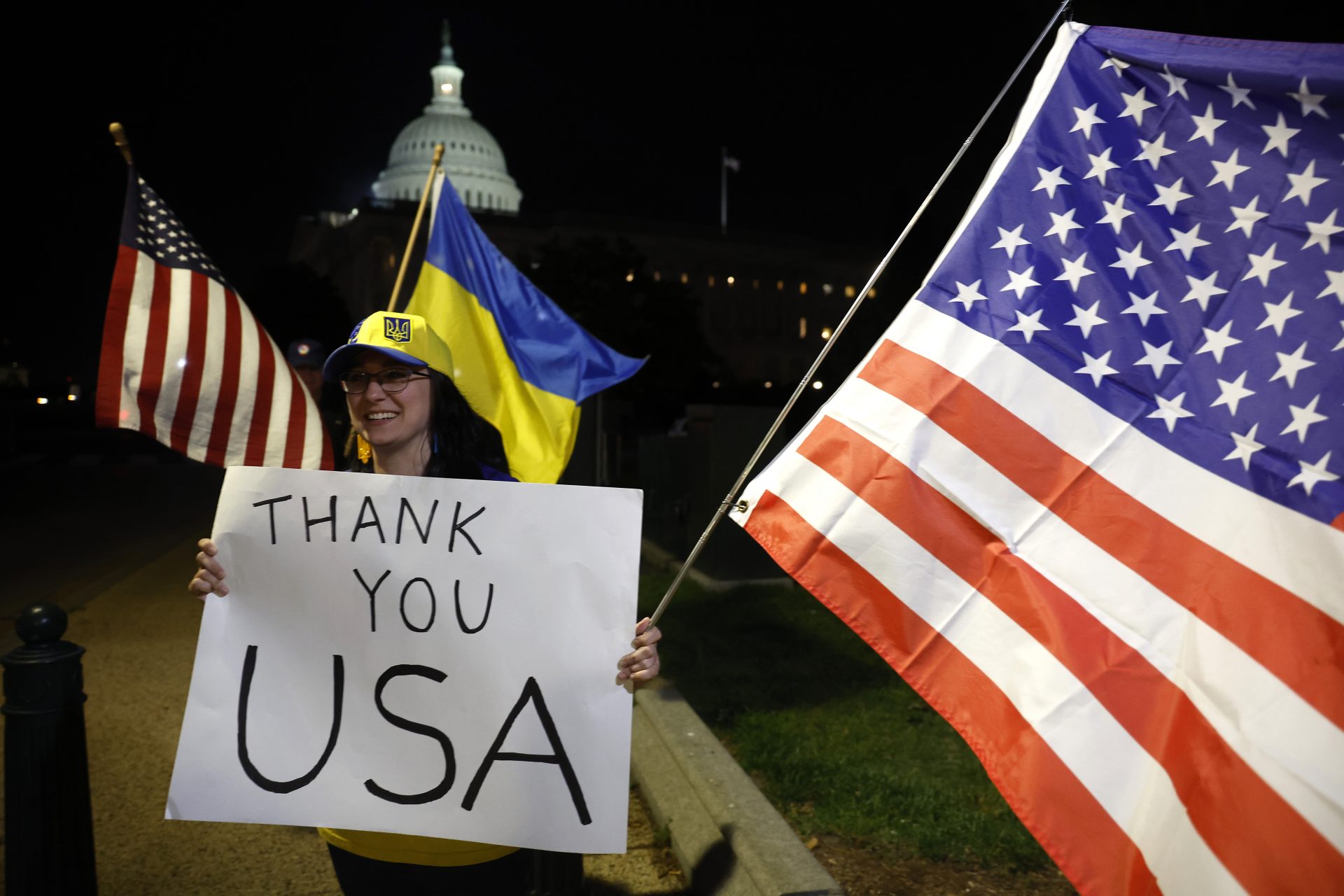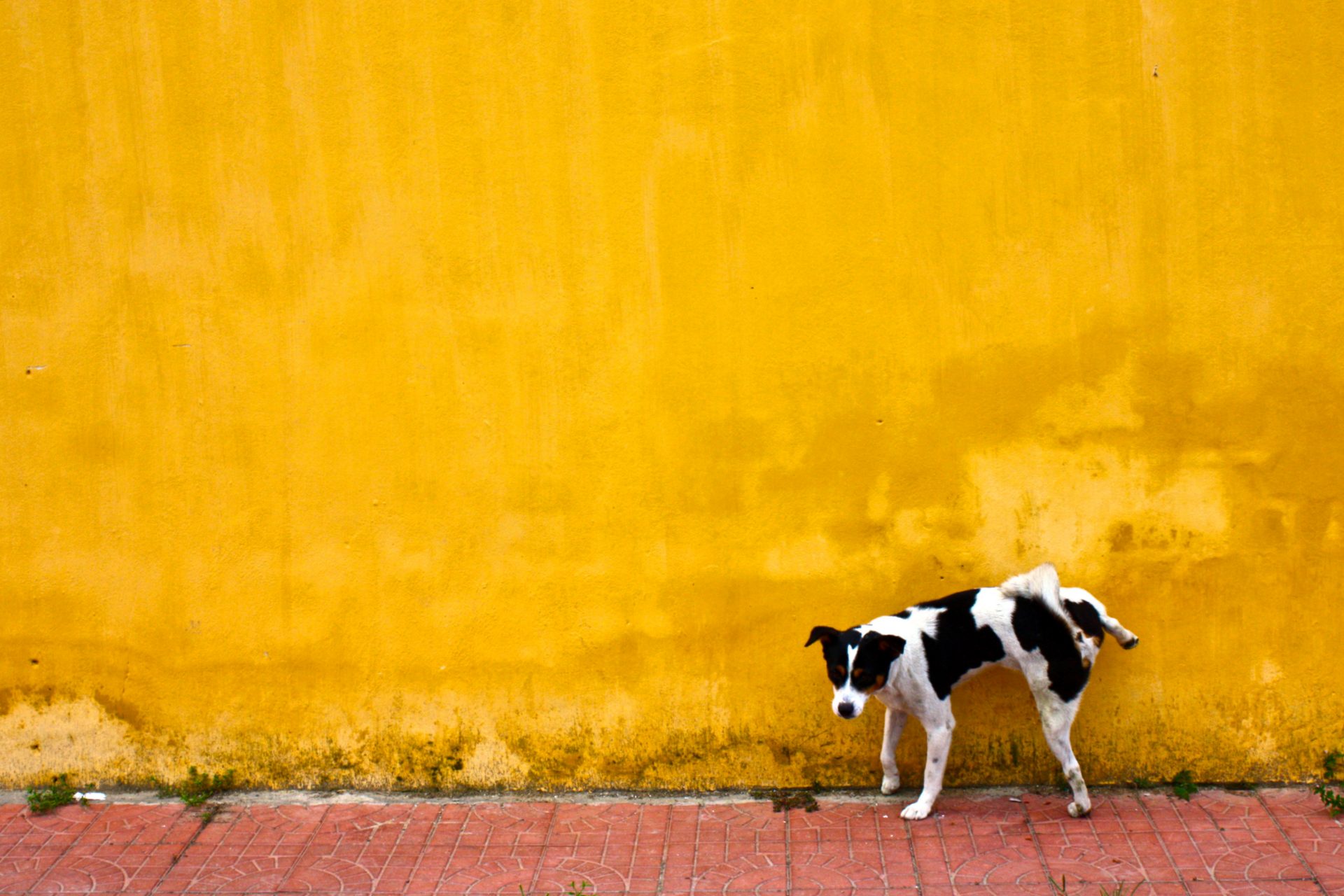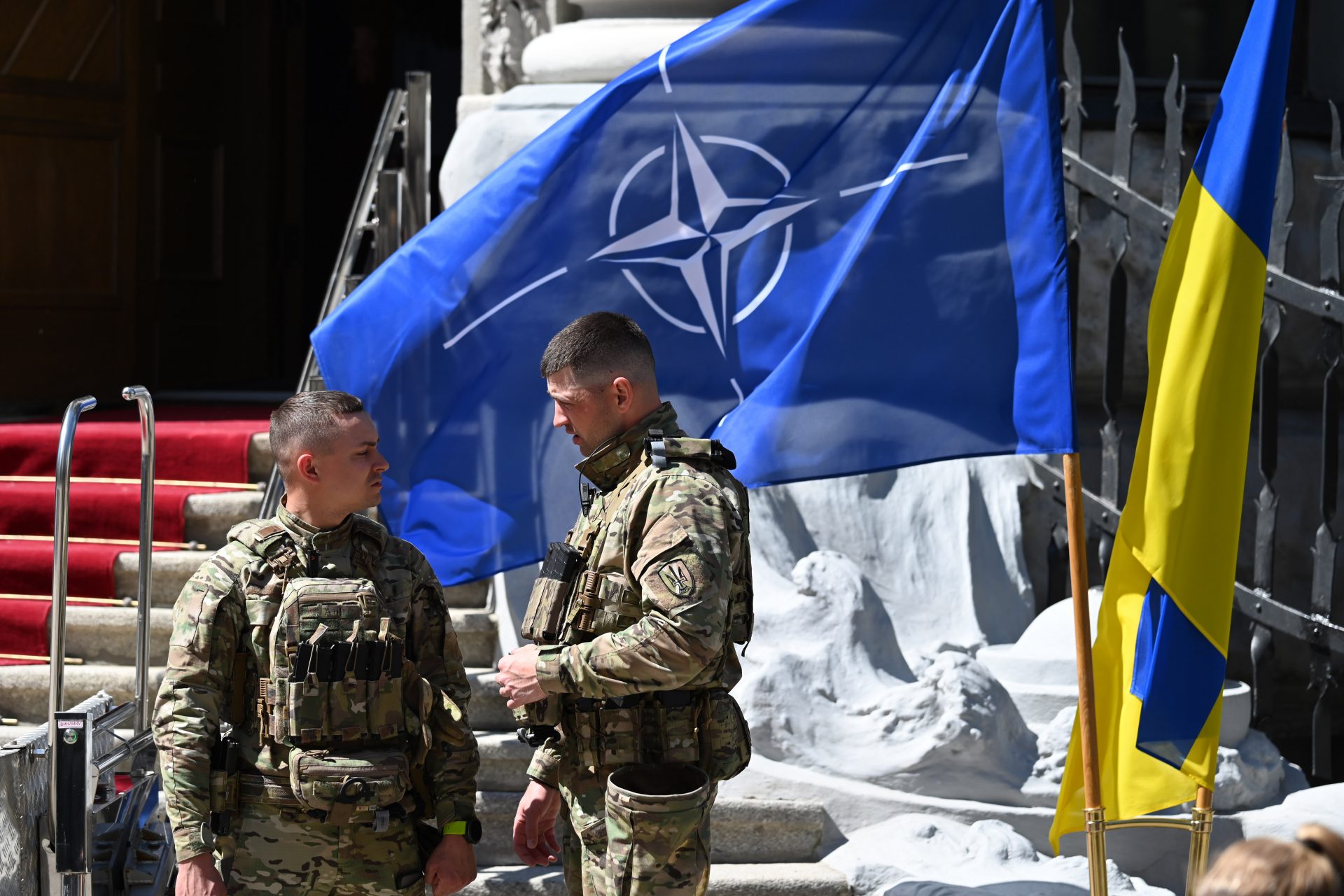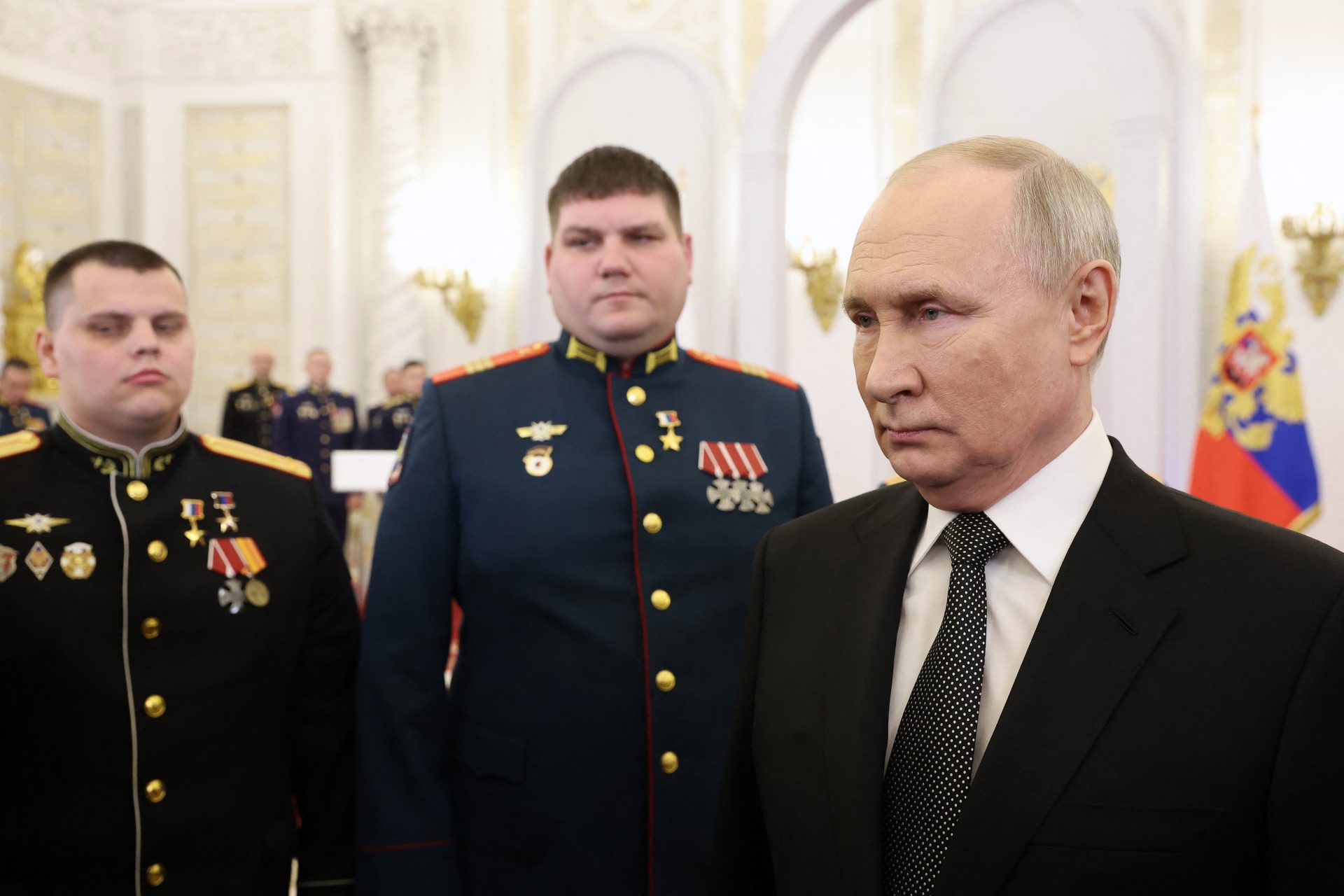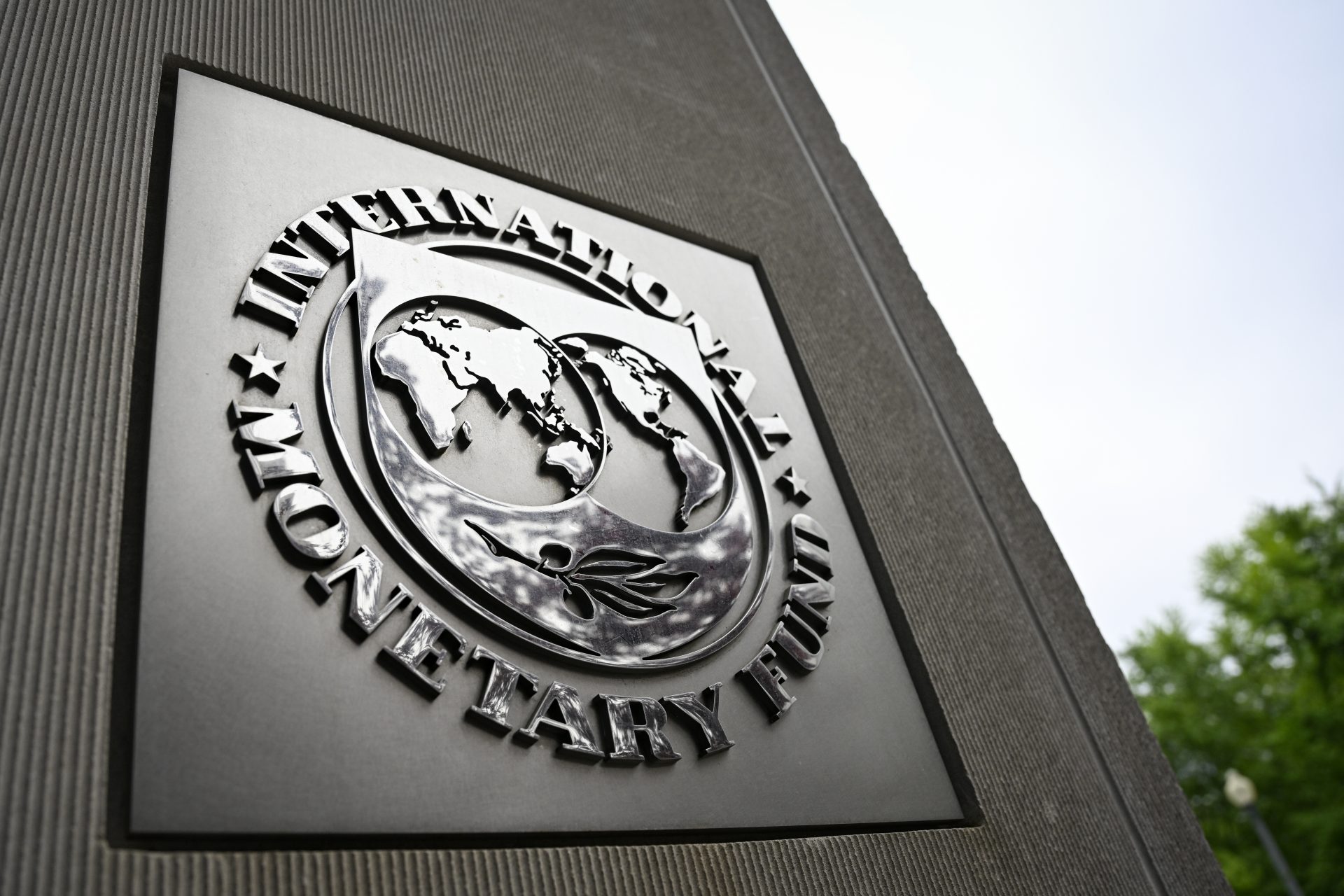Former Ukrainian POWs who joined Russia have fought in their first battle
Former Ukrainian POWs who agreed to join the Russian side after their capture have taken part in their first engagement on the war's frontlines according to state media reports.
The Insitute for the Study of War (ISW) explained the situation in a recent war update and noted that Russian state-controlled media outlets Rossiya-1 and RIA Novosti reported on the news.
"Russia has officially deployed a battalion formed of Ukrainian prisoners of war (POWs) to the frontline in Ukraine, further confirming a myriad of apparent Russian violations of the Geneva Convention on POWs," ISW analysts wrote.
Russian state-owned news outlet had previously reported that the Kremlin planned to deploy a battalion of former Ukrainian soldiers to fight for Moscow in October, stating that the men allegedly volunteered to fight for Moscow.
Russian authorities planned to deploy the former Ukrainian soldiers with a group of troops already fighting on the frontlines in Donetsk and Zaporizhzhia Oblast, RIA Novosti reported at the time.
The Ukrainian soldiers joined allegedly Russia so they could liberate Ukraine from the country’s president Volodymyr Zelensky and one soldier explained that they view themselves and Russians as a united people.
The former Ukrainian soldiers became part of Russia’s Bogdan Khmelnitsky battalion, a formation created in 2023 under the leadership of a former Ukrainian tank commander named Andrii Tyshchenko.
Roughly 70 captured Ukrainian soldiers joined Russia’s Bogdan Khmelnitsky battalion in February and had been in training to rejoin the conflict until recently. According to Tyshchenko, most of the troops already had some combat experience.
The Bogdan Khmelnitsky battalion completed its training at the end of October and the soldiers of the formation gave their oaths of loyalty to Russia and were waiting to be deployed to the frontlines.
The Institute for the Study of War reported in its November 7th campaign update that the men of the Bogdan Khmelnitsky battalion would be deployed alongside the Kaskad formation of the Donetsk People’s Republic.
ISW analysts explained that Russian sources claimed the former POWs would be treated like Russian troops with the same pay and benefits but added that the soldier's inclusion in the conflict could violate the Geneva Convention.
The Geneva Convention prohibits the deployment of prisoners of war in military conflicts when they are used by the side that captured them, which means Russia’s use of troops formerly serving Ukraine could constitute a war crime—even if they volunteered.
However, it’s unlikely that the former Ukrainian soldiers now serving Russia joined the country voluntarily without being affected by some type of coercion according to Yulia Gorbunova, a senior researcher at Human Rights Watch.
“Russian authorities might claim they are recruiting them on a voluntary basis but it’s hard to imagine a scenario where a prisoner of war’s decision could be taken truly voluntarily, given the situation of coercive custody,” Gorbunova told the Associated Press.
Royal United Services Institute researcher Nick Reynolds provided a similar view to that of Yulia Gorbunova and explained to the Associated Press that “the entire scenario is laced with the potential for coercion.”
Reynolds added that a prisoner of war does not have “a huge amount of agency” and noted that those captured by their enemy are in a “very difficult situation.” This could explain why some Ukrainian soldiers switched sides.
The Bogdan Khmelnitsky battalion was expected to be deployed to both the Donetsk and Zaporizhzhia regions, two areas that have seen heavy fighting in recent months according to Business Insiders’ Chris Panella.
More for you
Top Stories



